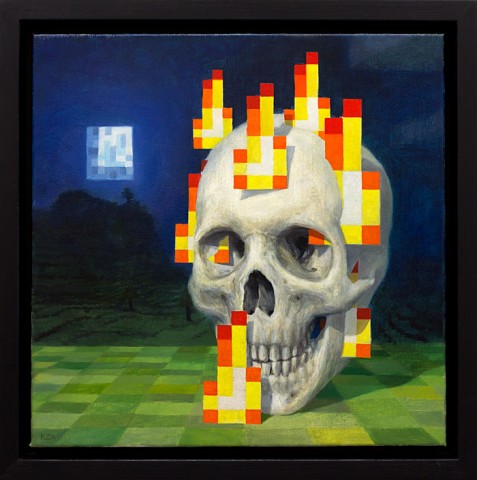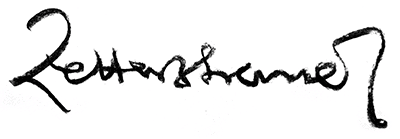http://dimensionnumerofive.blogspot.com/2011/06/artist-you-should-know-kristoffer.html
![]() If you’ve played the immensely popular sandbox-style game Minecraft, you might be familiar with Swedish painter Kristoffer Zetterstrand’s artwork without even realizing it. Zetterstrand has long been interested in the way traditional art like painting intersects with the 3-D landscapes generated by computers in games… [Read more]
If you’ve played the immensely popular sandbox-style game Minecraft, you might be familiar with Swedish painter Kristoffer Zetterstrand’s artwork without even realizing it. Zetterstrand has long been interested in the way traditional art like painting intersects with the 3-D landscapes generated by computers in games… [Read more]

If you’ve played the immensely popular sandbox-style game Minecraft, you might be familiar with Swedish painter Kristoffer Zetterstrand’s artwork without even realizing it. Zetterstrand has long been interested in the way traditional art like painting intersects with the 3-D landscapes generated by computers in games; he once did a series of lansdcapes based on the views in Counter-Strike–but only the views the player could see when “dead” and lying on their back. In Minecraft, players can create paintings to hang on the walls of their houses. The randomly-selected images include the work of Zetterstrand, includingSkull on Fire and Pointer. (The selection also includes Caspar David Friedrich’s Wanderer above the Sea of Fog).
His oil-on-canvas paintings incorporate traditional oil painting techniques, resulting in realism, with flat, cartoonish images, and solid blocks of color that evoke the pixelated images of computer games. His work also speaks to the creation and generation of landscapes as understood and designed by the human mind, and imagines things like game worlds outside of the confines of a computer screen, as three-dimensional lands. The Gameillustrates this idea quite well, with the human figure considering the miniature landscape sprawling over his desk. This idea of creation and design inevitably recalls philosophical and religious debates, as is explored in Intelligent Design, which also showcases some of Zetterstrand’s black and white work. In both of these paintings, a human is considering an abstract idea by laying out his thoughts in front of himself, it seems, in the form of a series of images for him to consider. (I don’t know if this was what Zetterstrand was going for, but I know that’s how I think, and so that is the conclusion I naturally draw.) The human figures are separate from the images before them, but simultaneously linked to them on a deep level.
His work is meticulously detailed and he pays special attention to his use of color and style, often juxtaposing two seemingly opposite styles to achieve a startling effect. You can check out more of his work and information about his inspirations and work on his website.
